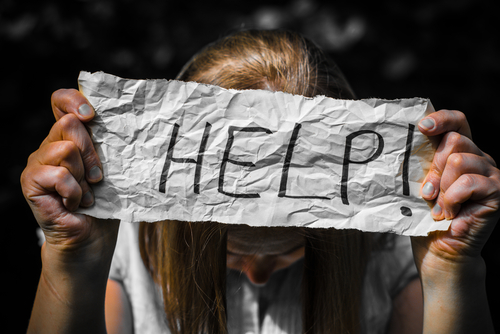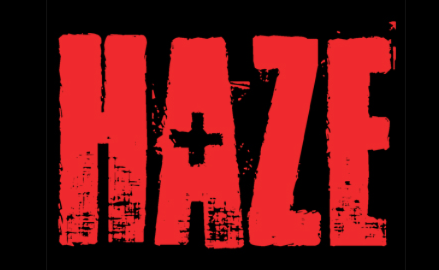Teen Suicide Peaks in the Spring

These days, we hear a lot about kids and anxiety, and for good reason. The numbers of children with anxiety and depression continues to increase, and adolescent suicide attempts have risen sharply in the past few decades. In the U.S., suicide rates peak in the spring. While scientists cannot understand why increased daylight hours and warmer sunshine result in more suicide, if you are a parent of a teenager, this probably doesn’t surprise you.
Teens today are under enormous pressure. Not only are they expected to do well in school, get into a top notch university and excel at extracurricular activities, they are expected to do so under the scrutiny of social media, and in the shadow of a plastic culture hyper-focused on appearance. In the spring, with finals looming, sports in full swing, end of year recitals on the calendar and bathing suit season on the horizon, the intense pressure to be perfect escalates. While the statistics about adolescents and suicide sadden me, they don’t shock me.
Most important to us parents is to be able to recognize the warning signs. When does normal teenage angst become a risk factor? At this time of year, be even more vigilant about emotional and behavioral changes in your child.
Signs of Depression include:
- increased lethargy
- lack of interest in activities they used to enjoy
- changes in appetite
- increased irritability
- negligence in physical appearance
- agitation, inability to sit still
- vague physical complaints
- increased sensitivity
- feelings of worthlessness, guilt
- risky behavior
Signs of Anxiety include:
- excessive worry
- sleep problems
- increasing fearfulness
- physical pain and stomach complaints
- the need to be perfect
Many of these signs and symptoms are part of normal growing pains. But, when you start noticing a pattern, when your parental antennae are rising more often than usual, talk with your child. Be honest with them about what you are noticing, and provide them with a safe place to express their feelings. Do not hesitate to discuss your concerns with a medical professional. In the very worst case, your child may be at risk for suicide, but even more mild signs of anxiety and depression are a good reason to talk with your doctor. Anxiety and depression also put your teen at increased risk of alcohol and drug abuse. Ensure your child knows you are on his or her side, understands you will not be disappointed and you want to be help. Pay attention, all year long, but especially during the high-stress spring.
Teaching Your Kids to Talk Again
Every Parent of a Teen Should Watch This.
Did you know that 11% of all the alcohol consumed in the U.S. is consumed by 12-20 year olds?
Does Your Teen…Binge Drink? Look for the Signs

7 Things I Wish I Knew BEFORE Applying to College



Getting to the Bottom of the Facebook Posts About Nutella Causing Cancer





























